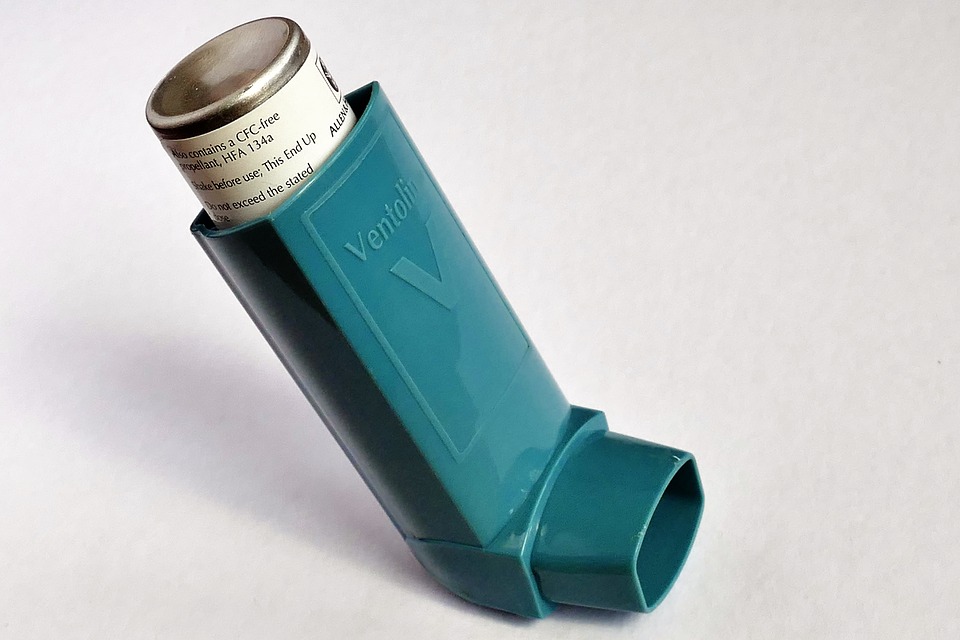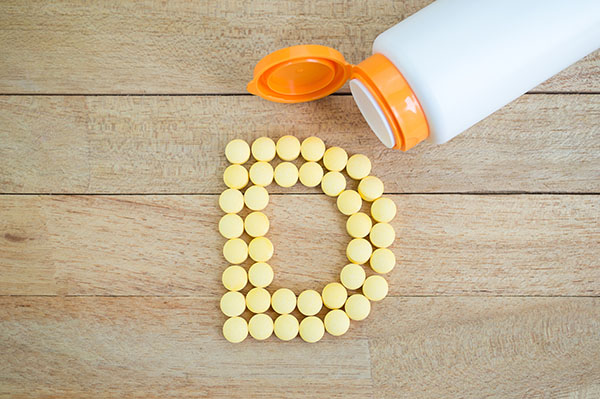
Herbal tinctures are liquid herbal extracts that confer protective effects against infections and diseases better than capsules or supplements. This is because tinctures best preserve the active constituents of the medicinal plants. Liquid extracts also enter the bloodstream faster and are absorbed better.
When SHTF, knowing how to make tinctures, and the right ones at that, can mean the difference between life and death. This guide will give a brief introduction to tinctures, list the herbs and medicinal plants often used to make tinctures and detail the process of making one.
Tinctures in herbal medicine
Tinctures can be made of just one herb or a blend of several herbs. The herb, or herb mixture, is chopped and steeped in a solvent like drinking alcohol for a month or so to extract their potent phytochemicals. The plants themselves are then strained out from the mixture to create the final product.
When herbalists prepare tinctures, specific alcohol proportions are used for different herbs to extract as much of their powerful constituents as possible. While drinking alcohol is the best solvent to use for tinctures, water, oil and glycerin are also sometimes used for the extraction process. However, tinctures prepared with solvents other than drinking alcohol tend to have a shorter shelf life.
More than 80 percent of people around the globe are heavily reliant on tinctures. Aside from being affordable, tinctures are also more accessible since they can be made easily by anyone. In addition, unlike pharmaceutical drugs, tinctures don’t cause adverse side effects, provided that the person taking them does not have allergies of any sort.
Overall, these qualities make tinctures a viable form of treatment for various ailments, infections and diseases. Tinctures are also ideal for strengthening immune health, improving sleep quality and reducing stress.
Making a tincture
You need three things to make a tincture: an herb, a solvent and a jar.
Choosing an herb
Certain herbs and medicinal plants are great for improving overall health, not just protecting against illnesses. Tinctures made from these substances should be part of your SHTF first aid kit.
- Shepherd’s purse
- White willow
- Garlic
- Ginger
- Plantain
- Bloodroot
- Echinacea
- Chamomile
- Valerian root
- St. John’s wort
Gather enough herbs to fill your jar, then chop, crush or tear them. Place them in the jar and choose a solvent. (Related: Tincture basics: Recipe for making home remedies.)
Choosing a solvent
Herbs with water-soluble constituents are best extracted with a lower percentage of alcohol. However, other herbs will have constituents best extracted with a higher percentage of alcohol. Know which herbs are which before deciding on a solvent.
Most tincture recipes call for vodka, grain alcohol or an 80–100 proof alcohol. Fresh herbs with higher water content are best prepared with grain alcohol, while dried herbs require vodka. Sometimes, herbalists also use different solvents like vinegar, glycerin and oil. But using solvents other than alcohol will reduce the shelf life of the tincture.
Once you have chosen the right solvent, pour the appropriate amount into the jar with the herbs.
Extracting phytochemicals
Cover the jar tightly and leave the mixture to macerate or soak. Leave it on a shelf for six weeks, shaking daily. Once the six weeks are up, strain out the plant matter with a sieve or fine cheesecloth. Pour the tincture into a dark amber glass bottle. This will protect the tincture from ultraviolet light, which can affect its potency.
Label the bottle with the appropriate details, such as the herb/s used, the specific plant part used, the kind of solvent, the alcohol percentage and when it was made.
Learn more about tinctures and other herbal remedies at Remedies.news.
Sources include:
Please contact us for more information.





















